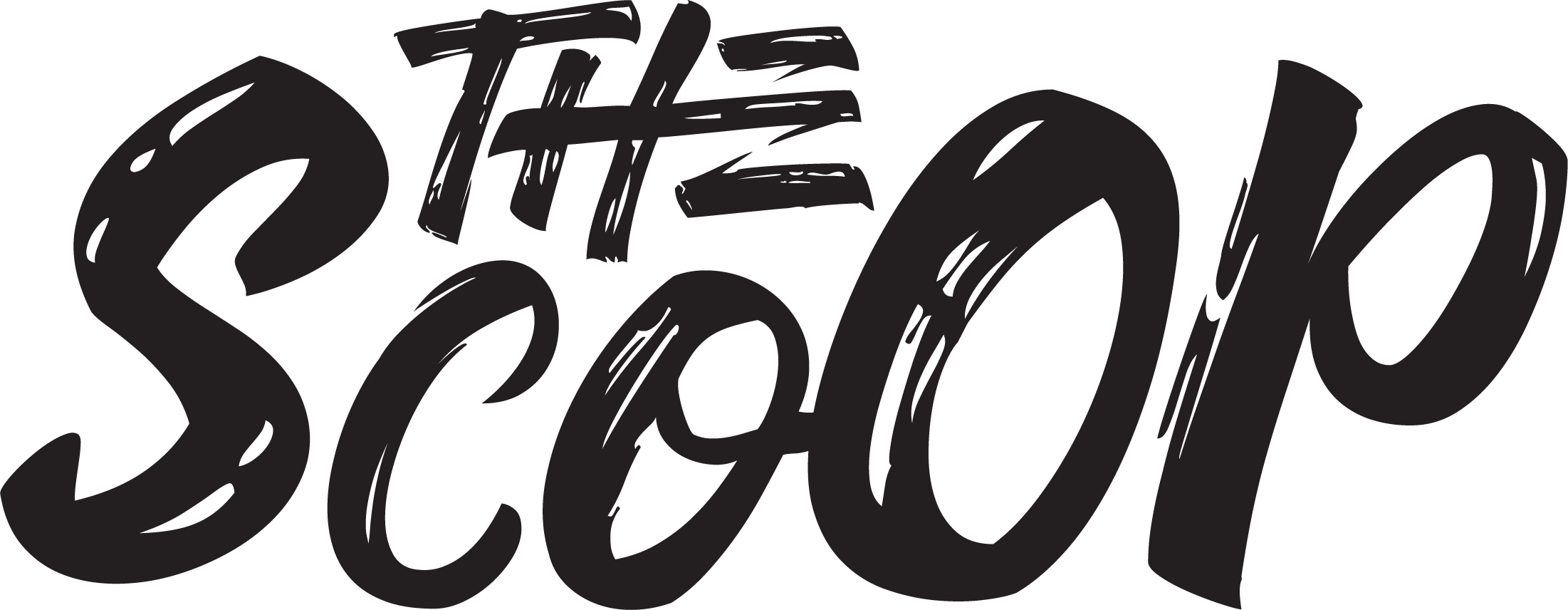Technological advancements are transforming the workplace, leading to automation and the emergence of new job roles. This is creating both opportunities and challenges for workers. The changing nature of work requires adaptability and continuous learning. The future of work is uncertain, but it is clear that it will be different from the past. Remote work and flexible schedules are becoming increasingly common, offering employees greater autonomy and work-life balance. However, this shift also presents challenges related to communication, collaboration, and maintaining a sense of community in the workplace. The future of work is likely to be more flexible and decentralized. The skills gap is a significant concern in the evolving job market. Workers need to acquire new skills and adapt to changing demands to remain competitive. Upskilling and reskilling initiatives are crucial for navigating the future of work. The need for continuous learning is paramount.
Trump Makes Historic Moves in the Middle East: First U.S. Presidential Visit to Qatar, Breakthrough with Syria, and New Pressure on Iran
President Donald Trump has made a series of unprecedented diplomatic moves during his current Middle




